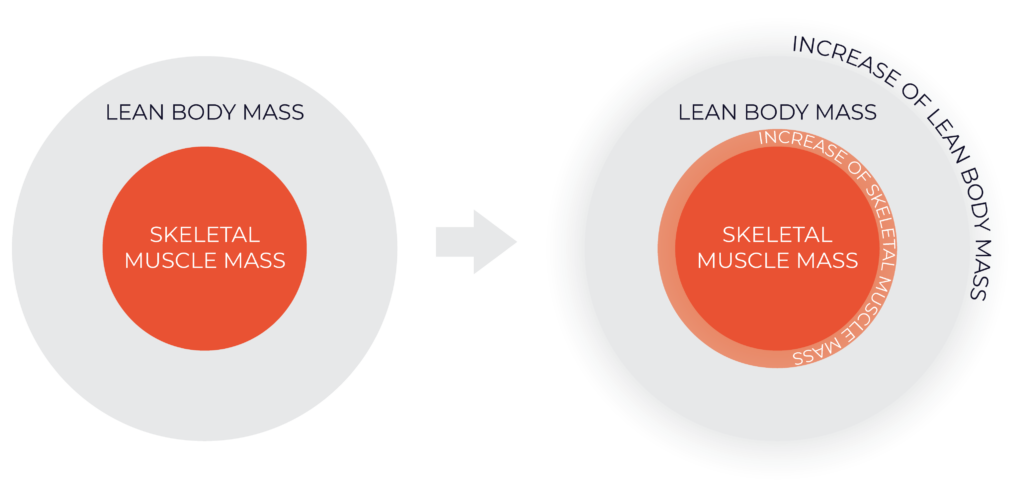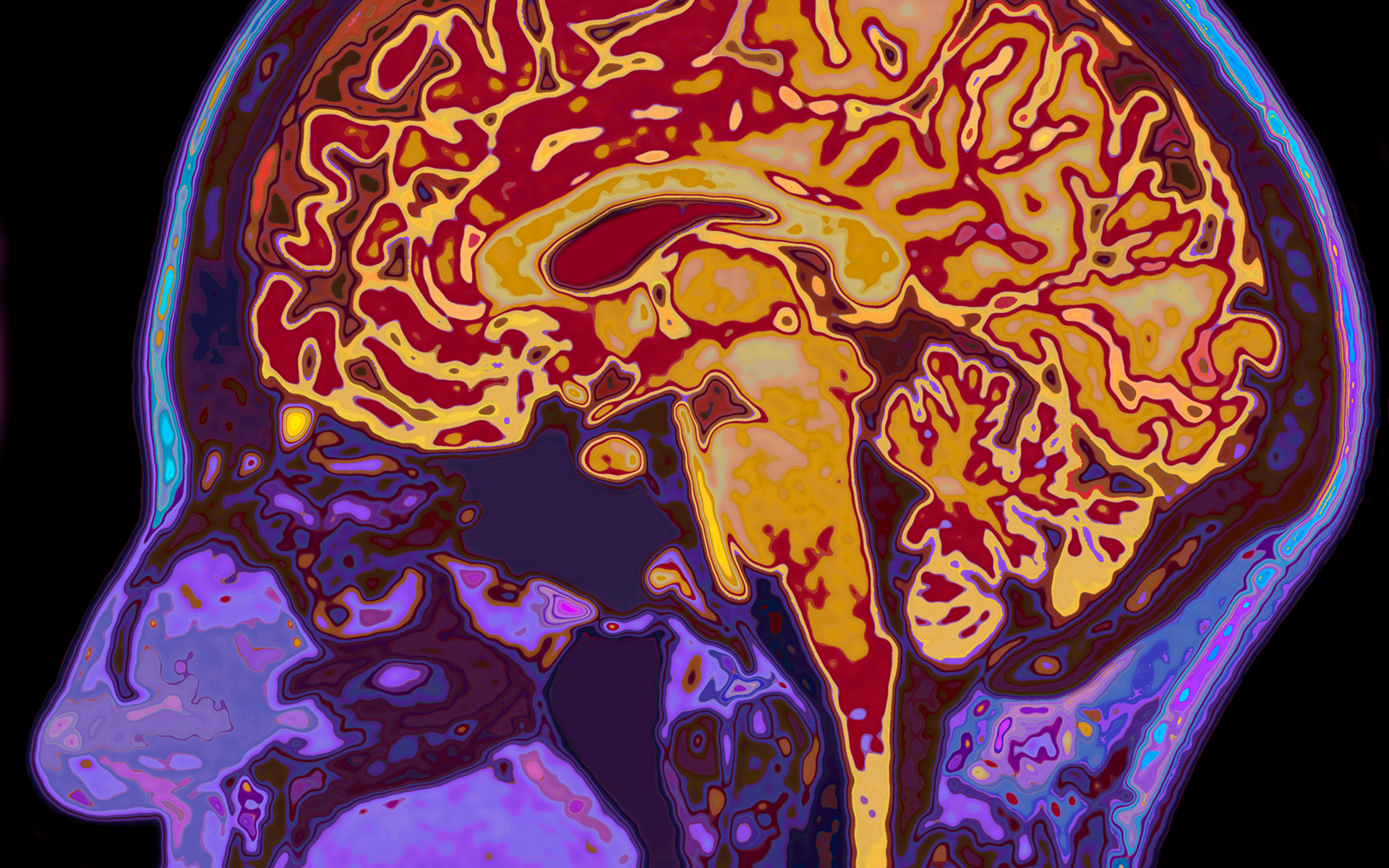Cannabis users are often associated with the “munchies,” a strong craving for high-calorie foods. However, research has shown that frequent cannabis users are leaner and less likely to develop type two diabetes than non-users. This paradox has puzzled scientists for years. Leading to a comprehensive study that sheds light on the potential reasons behind this phenomenon.
In this article, we will explore the science behind why cannabis users are leaner. As well as, how this seemingly beneficial effect may come with hidden risks. We will also discuss the potential implications of these findings on the broader understanding of cannabis and its effects on the human body.
Cannabis Users are Leaner Despite the Munchies
Frequent cannabis users often experience a phenomenon known as the “munchies,” which is characterized by a strong craving for high-calorie foods. Despite this, research has found that these users are leaner and less prone to developing type two diabetes than those who do not use cannabis. This paradox has long puzzled scientists, leading to numerous studies attempting to uncover the underlying reasons.

The Mice Study: Exploring the Effects of THC on Metabolism
Researchers at the University of California, Irvine, conducted a study wherein adolescent mice were administered low daily doses of THC (tetrahydrocannabinol), the primary psychoactive ingredient in cannabis. Upon reaching adulthood, the THC treatment was stopped, and the mice were evaluated for changes in their metabolism.
The results showed that mice exposed to THC during adolescence had reduced fat mass and increased lean mass compared to the control group. These mice were also more resistant to obesity and high blood sugar and had higher than average body temperatures. Moreover, they exhibited a reduced ability to utilize fuel from their fat stores, which could have significant implications on physical and mental processes.
A Closer Look: Molecular Changes in Fat Cells
To further understand why cannabis users are leaner, the research team analyzed the molecular changes in fat cells caused by THC exposure. Surprisingly, they discovered that the fat cells of mice treated with THC produced large amounts of muscle protein, which is typically not found in fat tissue. Conversely, their muscle tissue exhibited reduced levels of these proteins.

This abnormal process was found to disrupt the normal functioning of fat cells, impairing their ability to store and release energy. This could lead to a reduced capability of utilizing stored nutrients for muscle activity and may also impact mental processes, such as attention, which require a steady flow of energy to the brain.
Age Matters: The Role of Adolescence in Cannabis Use
The study focused specifically on adolescence, a crucial period of rapid physical development, and a time when many regular cannabis users first try the drug. The effects of THC on metabolism and fat cells appear to be more pronounced during this critical developmental stage.
Endocannabinoid Signaling: A Key Player in Adipose Organ Function
Cannabis and its main constituent, THC, mimic a group of chemical messengers called endocannabinoids. Which regulate various vital functions throughout the body. According to study author Daniele Piomelli, interfering with endocannabinoid signaling during adolescence can permanently disrupt adipose organ function. This potentially having far-reaching consequences on physical and mental health.
A Pseudo-Lean State: The Hidden Risks
While the leaner appearance of frequent cannabis users may superficially seem like a beneficial health outcome. The underlying reasons for this phenomenon are rooted in organ dysfunction. The study described these individuals as being in a “pseudo-lean” state, which may appear healthy on the surface but could have detrimental long-term effects on overall health and wellbeing.

Implications for Human Cannabis Users
The findings of this study have several implications for our understanding of cannabis use and its effects on human health. It is important to note that the study was conducted on mice, and more research is needed to confirm whether these findings can be directly applied to human cannabis users.
Permanent Changes in Fat Cell Function
The study suggests that adolescent exposure to THC can lead to permanent alterations in fat cell function. Resulting in a reduced ability to store and release nutrients. This could have significant consequences on physical and mental health, as well as an increased risk of developing diseases related to obesity and diabetes.
Mental Health Implications
The reduced ability of fat cells to provide a steady flow of energy to the brain may impact cognitive processes. Such as attention and memory. This could have substantial implications for the mental health of frequent cannabis users, particularly those who began using the drug during adolescence.
Gender Differences and Future Research
The study focused primarily on the metabolic and molecular effects of THC in male mice. It is crucial for future research to investigate whether these findings are applicable to female cannabis users, as well as to explore the potential effects of THC on other organ systems.
Caution for Adolescent Cannabis Use
The study’s findings highlight the potential risks associated with adolescent cannabis use. Particularly, the long-term impact on adipose organ function and metabolism. It is crucial for parents, educators, and healthcare professionals to be aware of thes risks and to educate young people about the potential consequences of cannabis use during this critical developmental period.
Not a Weight Loss Solution
While the leaner appearance of frequent cannabis users may be enticing to some as a potential weight loss solution. It’s essential to understand that this effect is rooted in organ dysfunction. This could have far-reaching consequences on overall health and wellbeing. It is crucial to prioritize safe and effective weight loss methods. Such as, a balanced diet and regular exercise, over potentially harmful substances like cannabis.

The Broader Picture: Cannabis and Its Effects Beyond the Brain
This study adds to the growing body of research highlighting that cannabis has effects that extend beyond the brain. While it is often thought of primarily as a psychoactive drug. It is becoming increasingly clear that cannabis can have a significant impact on various organ systems and physiological processes.
Potential Therapeutic Applications
While this study highlights some of the potential risks associated with cannabis use. It is important to acknowledge that the plant may also have therapeutic applications for certain health conditions. As our understanding of the diverse effects of cannabis continues to grow, it is crucial for researchers to explore both the potential benefits and risks associated with its use.
Conclusion
The paradox of leaner cannabis users has long puzzled scientists. Thus, prompting studies like the one conducted at the University of California, Irvine. They use this to explore the underlying reasons for this phenomenon. While the lean appearance of frequent cannabis users may superficially seem like a health benefit. This study reveals that it is likely because of organ dysfunction, with potentially far-reaching consequences on physical and mental health.
As the body of research on cannabis and its diverse effects continues to expand. It is crucial for individuals considering using the drug to be well-informed about the potential risks and benefits. Particularly, during critical developmental periods like adolescence. Ultimately, it is essential to prioritize safe and healthy lifestyle choices over potentially harmful substances like cannabis.

